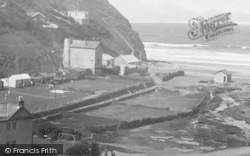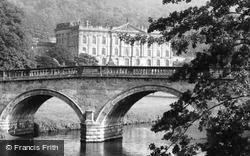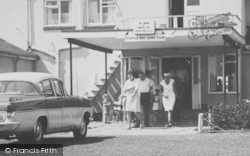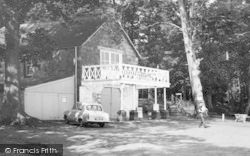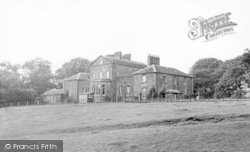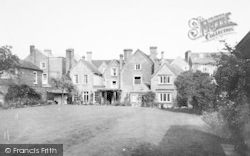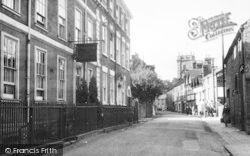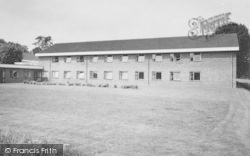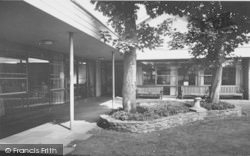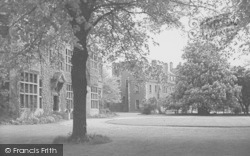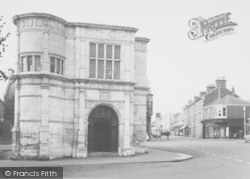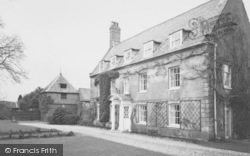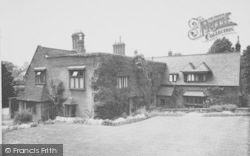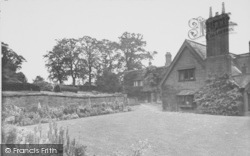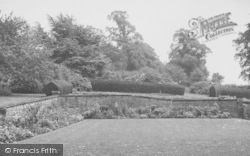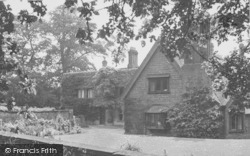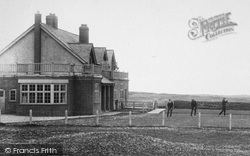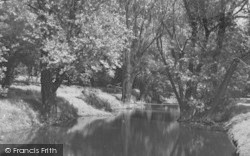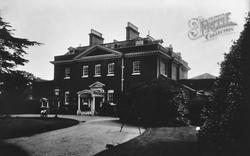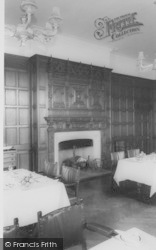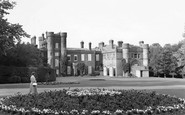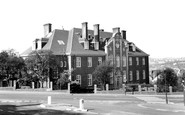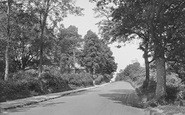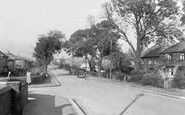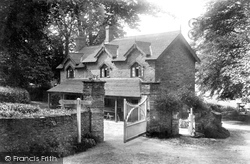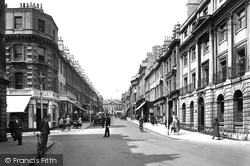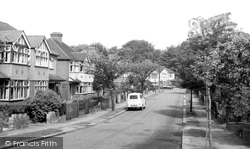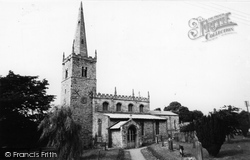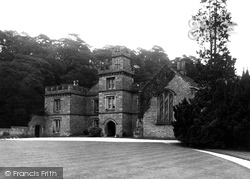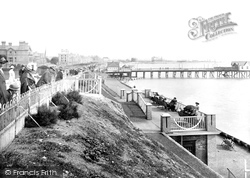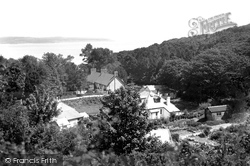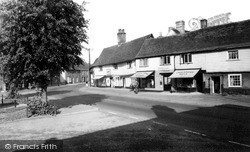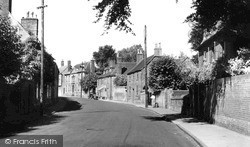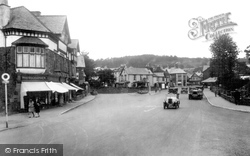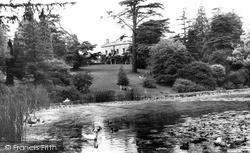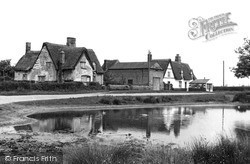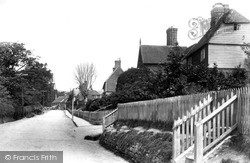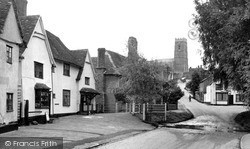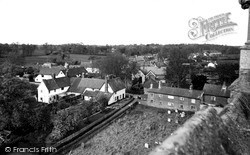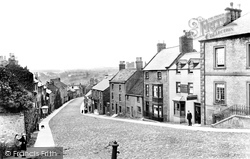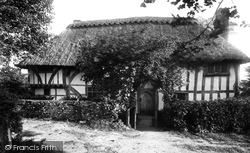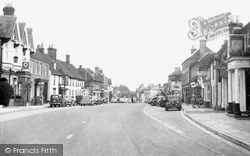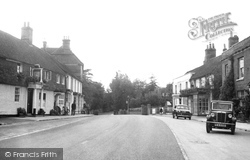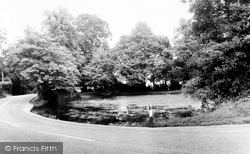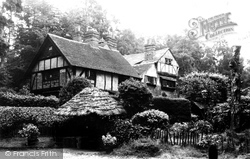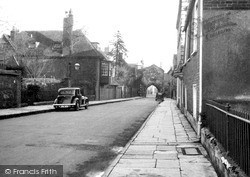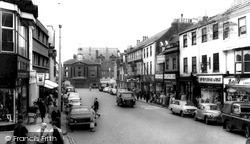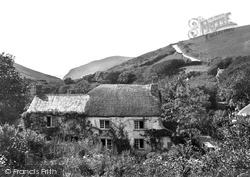Places
36 places found.
Those places high-lighted have photos. All locations may have maps, books and memories.
- Chatsworth House, Derbyshire
- Osborne House, Isle of Wight
- Brambletye House, Sussex
- Ickworth House, Suffolk
- Kingston Lacy House, Dorset
- Boscobel House, Shropshire
- Preshute House, Wiltshire
- Bolton Houses, Lancashire
- Brick Houses, Yorkshire
- Quaking Houses, Durham
- Water Houses, Yorkshire
- Bottom House, Staffordshire
- New House, Kent
- Mite Houses, Cumbria
- Lyneham House, Devon
- Church Houses, Yorkshire
- Dye House, Northumberland
- Spittal Houses, Yorkshire
- Street Houses, Yorkshire
- Tow House, Northumberland
- Halfway House, Shropshire
- Halfway Houses, Kent
- High Houses, Essex
- Flush House, Yorkshire
- White House, Suffolk
- Wood House, Lancashire
- Bank Houses, Lancashire
- Lower House, Cheshire
- Marsh Houses, Lancashire
- Chapel House, Lancashire
- Close House, Durham
- Guard House, Yorkshire
- Hundle Houses, Lincolnshire
- Hundred House, Powys
- Thorley Houses, Hertfordshire
- School House, Dorset
Photos
7,776 photos found. Showing results 761 to 780.
Maps
370 maps found.
Books
1 books found. Showing results 913 to 1.
Memories
10,360 memories found. Showing results 381 to 390.
Osborne Road
My grandparents lived at 52 Osborne Road,( opposite the Griffin Press) I remember spending many a happy weekend there after school finished on Friday when I would travel from Cwmbran by bus which in those days stopped right outside ...Read more
A memory of Pontypool by
Childhood Memories.
My family and I, 5 sisters and a brother, lived in Nigel road just up from the Washwood Heath Road. I was born in the house in Nigel Road in 1948 so were my siblings. My memory is very vivid of my times there until I left ...Read more
A memory of Washwood Heath in 1963 by
John Ford Havelock Road
I know you. You are the little boy who came skipping out of your house to tell us all that 'We had won the War'. I was born at No. 8 - all the children played together in that cul-de -sac. John Heard's sister was my best friend. ...Read more
A memory of Deal in 1940
Inside The Oaks
I too remember The Oaks House with fondness. Aged 12 yrs old I used to cycle there from Purley & found a hole in the boarding on a window, so crept inside. The staircase was stunning but damaged, there was a fire hose left ...Read more
A memory of Carshalton in 1952 by
School
I went to St Anne's from 1944 - 1952. Enjoyed it most of the time with the gym, hockey and high jump, not much else. Mother Mary Clare was the Headmistress, quite gentle, and Mother Mary Dominic was in charge of drama etc. Enjoyed the ...Read more
A memory of Sanderstead in 1944 by
Moston
My grandparents, Horald and Edith Hughes, lived in Moston Cottage, Booley. Also living in the cottage were 3 of their sons; John, Douglas and Tony. My father, Basil, was no longer living at home. John and Douglas worked on the farm ...Read more
A memory of Moston in 1957 by
When We Were Kids: Part 2
My Name is William Speirs, in the 1940's we moved from Bellshill Lanarkshire to live in Fishcross, Alloa, Clackmananshire, Scotland. This is a short story about when we were kids in Fishcross from about 1946 till I left in ...Read more
A memory of Fishcross in 1950 by
My Birthplace
I was born at Orchard Bakery Cottages which is beyond the trees to the right of this photo. Many generations of my family attended the school. My great Aunt May (Skilton) in the early 1900s; various of my Uncles (Pat & Geoff ...Read more
A memory of Holmwood Corner in 1958 by
Memories Of Council Estate And Football
My family moved to the council estate in Elstree in the mid sixties. I used to play football on the pitch opposite Hill House, now sadly a new housing estate. Robert Stores for groceries, the aptly named Greens ...Read more
A memory of Elstree in 1967 by
Aston Terrace
I was born in Aston Terrace in 1954 and remember running to the bridge to see the steam trains and also the big slag heap that my brothers used to slide down. I also remember the gas man that used to light the street gas lamps outside our ...Read more
A memory of Aston in 1954
Your search returned a large number of results. Please try to refine your search further.
Captions
6,977 captions found. Showing results 913 to 936.
Cothelstone House was built as a country residence in 1820 to replace an earlier manorial hall, but whilst the old manor still stands, the 'new' house was demolished in 1968.
Built in 1782 to designs by Thomas Baldwin, Somersetshire Buildings remain the most elegant and ornate in the street; the bowed centre house is a total contrast to the regular flat fronts of the other
Look at the everyday houses which not long ago were taken for granted, and even ridiculed as semi-detached suburbia.
Branston, around its church, has delightful winding lanes; by the church stands Hainton House of 1765, a Georgian house of some dignity.
Standing in its own grounds, this fine house is thought to have been built as a monks' rest-house at the end of the 12th century for the convenience of the abbot of Furness when visiting his estates in
To the left are the 'second-class' houses of Marine Parade, the spire of St John's church, built in 1853, and the 'first-class' houses of the Esplanade.
It is possible to reach the Glen Beach from just below the row of houses.
The post office and the two houses to the right were originally one house of c1520. The next range to the left is also 16th-century; it contains Addisons' shop, which started in 1889.
At the top of the bend is the pedimented Wren House, described in the Department of the Environment's list as 'an extremely good example of an early Georgian 5-bay house circa 1720 or 1730'.
The gardens, barely visible to the right, are those of the big house, Ellerthwaite, which now houses the public library and the Citizen's Advice Bureau.
The Mansion dates from the late 17th century and has variously served as a private house, a school and as the headquarters of an Anglican order of monks, the Community of the Glorious Ascension
The old thatched house on the left was replaced in 1959 by a modern house. Nearby is Wicken Fen, a major wetland conservation area covering 330 acres owned by the National Trust.
A horse and cart wait patiently opposite the neatly-fenced houses. Various styles of chimney stacks and a fine finial at the apex of the gabled house set off this peaceful scene.
On the left, Bridge House has a shop window from a former sweet shop. Across the bridge, Ye Olde River House is dated 1490.
The house to the left is a former 16th-century farmhouse, now divided into three dwellings.
This is Richmond's finest townscape: a steeply- curving cobbled street where handsome town houses mingle with small cottages.
Almost ruinous when acquired by the National Trust as its first building in 1896, the clergy house was carefully restored.
The sign 'Luncheons and Teas' on the right, just beyond the White Hart, advertises the Two Sisters Café, which from 1939 to 1949 was also a guest house.
The last house on the right (which appears in the photograph showing The George in 1924 on pg. 60 and opposite) was destroyed by a bomb in 1940.
The cottages originally formed part of an estate comprising the large house of Elmore and its lodge house. The original Elmore was demolished c1925 by Alexander Dods.
A wealth of timbers, tiles, gables, chimney-stacks and a thatched gateway make another attractive High Road house north of Ruffetts Cottages. It is now obscured by trees and hedges.
One of the houses on the left, known as Fielding House and now part of a school, is associated with the novelist Henry Fielding, whose wife Charlotte lived here in the 1730s.
Development along the market place grew in medieval times when wealthy merchants invested in some very grand houses.
The thatched mill house is deep in the valley about half a mile inland from the beach at Duckpool, and there is just a glimpse of the coast in this view.
Places (80)
Photos (7776)
Memories (10360)
Books (1)
Maps (370)




